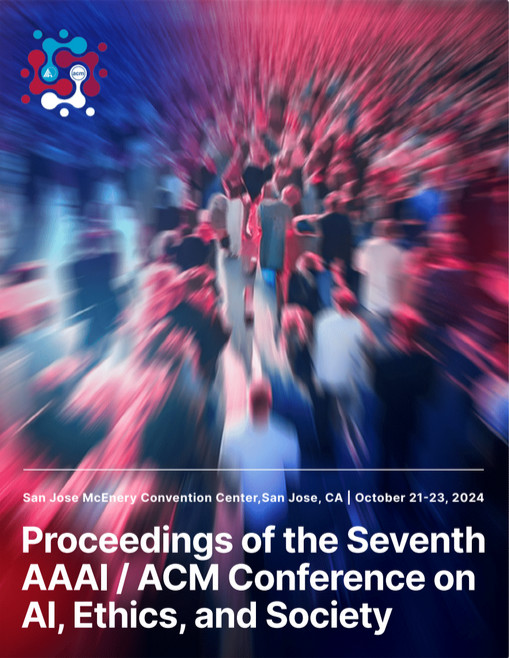A Relational Justification of AI Democratization
DOI:
https://doi.org/10.1609/aies.v7i1.31747Abstract
While much has been written about what democratized AI should look like, there has been surprisingly little attention for the normative grounds of AI democratization. Existing calls for AI democratization that do make explicit arguments broadly fall into two categories: outcome-based and legitimacy-based, corresponding to outcome-based and process-based views of procedural justice respectively. This paper argues that we should favor relational justifications of AI democratization to outcome-based ones, because the former additionally provide outcome-independent reasons for AI democratization. Moreover, existing legitimacy-based arguments often leave the why of AI democratization implicit and instead focus on the how. We present two relational arguments for AI democratization: one based on empirical findings regarding the perceived importance of relational features of decision-making procedures, and one based on Iris Marion Young’s conception of justice, according to which the main forms of injustice are domination and oppression. We show how these arguments lead to requirements for procedural fairness and thus also offer guidance on the how of AI democratization. Finally, we consider several objections to AI democratization, including worries concerning epistemic exploitation.Downloads
Published
2024-10-16
How to Cite
Wielinga, B., & Buijsman, S. (2024). A Relational Justification of AI Democratization. Proceedings of the AAAI/ACM Conference on AI, Ethics, and Society, 7(1), 1567-1577. https://doi.org/10.1609/aies.v7i1.31747
Issue
Section
Full Archival Papers

